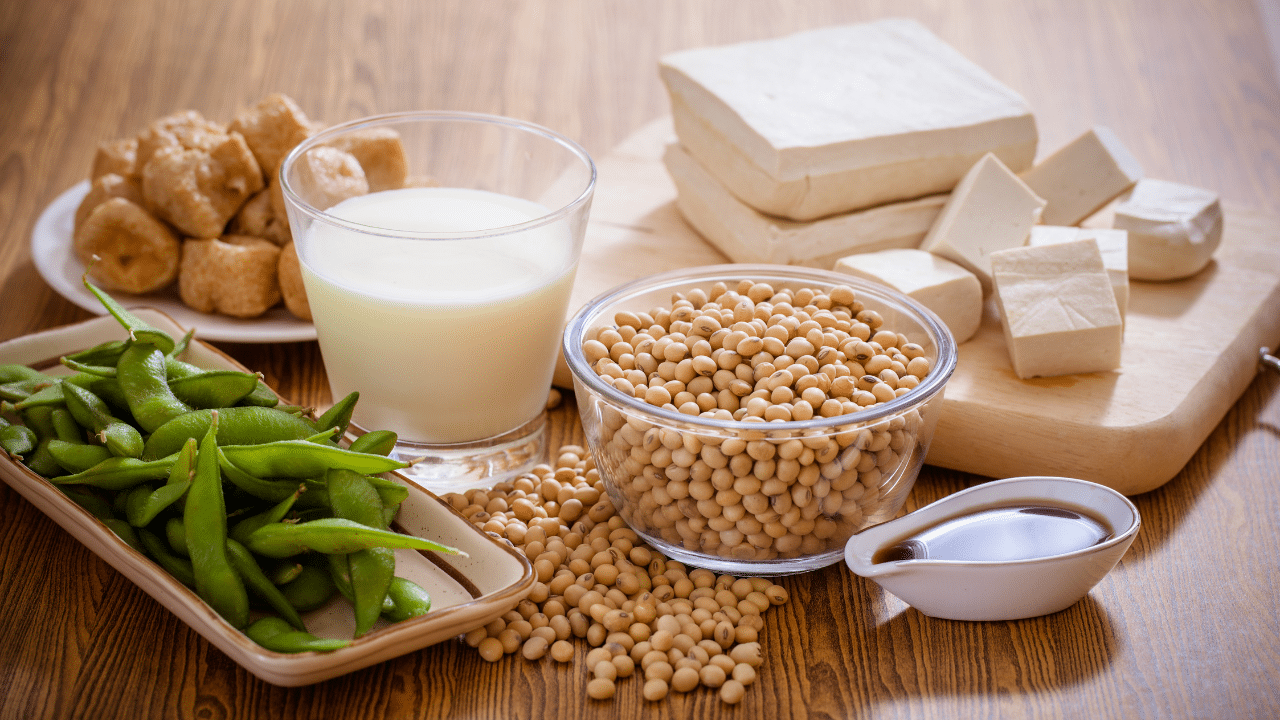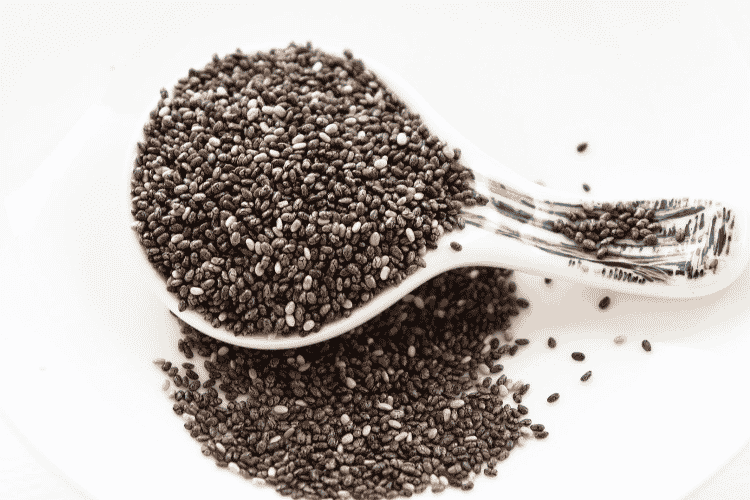
A Mediterranean Diet Beginner’s Guide
By Kris Gunnars, BSc
The Mediterranean diet is based on the traditional foods that people used to eat in countries like Italy and Greece back in the year 1960. Researchers noted that these people were exceptionally healthy compared to Americans and had a low risk of many killer diseases. Check out Sinfulvegan.com programs that are helpful and discover how healthy and beneficial these are to your health.
Numerous studies have now shown that the Mediterranean diet can cause weight loss and help prevent heart attacks, strokes, type 2 diabetes, and premature death.
Table of Contents
A Mediterranean Diet Meal Plan
There is no one “right” way to do this diet. There are many countries around the Mediterranean sea and they didn’t all eat the same things. This article describes the diet that was typically prescribed in the studies that showed it to be an effective way of eating. Consider all of this as a general guideline, not something written in stone. The plan can be adjusted to individual needs and preferences.
The Basics
Eat Vegetables, fruits, nuts, seeds, legumes, potatoes, whole grains, bread, herbs, spices, fish, seafood and extra virgin olive oil.
Eat-in Moderation: Poultry, eggs, cheese, and yogurt.
Eat Only Rarely: Red meat.
Don’t Eat Sugar-sweetened beverages, added sugars, processed meat, refined grains, refined oils, and other highly processed foods.
Avoid These Unhealthy Foods
You should avoid these unhealthy foods and ingredients:
- Added sugar: Soda, candies, ice cream, table sugar, and many, others.
- Refined grains: White bread, pasta made with refined, wheat, etc.
- Trans fats: Found in margarine and various processed foods.
- Refined Oils: Soybean oil, canola oil, cottonseed oil, and others.
- Processed meat: Processed sausages, hot dogs, etc.
- Highly processed foods: Everything labeled “low-fat” or “diet” or looks like it was made in a factory.
You MUST read ingredients lists if you want to avoid these unhealthy ingredients.
Foods to Eat
You should base your diet on these healthy, unprocessed Mediterranean foods.
- Vegetables: Tomatoes, broccoli, kale, spinach, onions, cauliflower, carrots, Brussels sprouts, cucumbers, etc.
- Fruits: Apples, bananas, oranges, pears, strawberries, grapes, dates, figs, melons, peaches, etc.
- Nuts and Seeds: Almonds, walnuts, Macadamia nuts, hazelnuts, cashews, sunflower seeds, pumpkin seeds and more.
- Legumes: Beans, peas, lentils, pulses, peanuts, chickpeas, etc.
- Tubers: Potatoes, sweet potatoes, turnips, yams, etc.
- Whole Grains: Whole oats, brown rice, rye, barley, corn, buckwheat, whole wheat, whole grain bread, and pasta.
- Fish and Seafood: Salmon, sardines, trout, tuna, mackerel, shrimp, oysters, clams, crab, mussels, etc.
- Poultry: Chicken, duck, turkey and more.
- Eggs: Chicken, quail and duck eggs.
- Dairy: Cheese, yogurt, Greek yogurt, etc.
- Herbs and Spices: Garlic, basil, mint, rosemary, sage, nutmeg, cinnamon, pepper, etc.
- Healthy Fats: Extra virgin olive oil, olives, avocados, and avocado oil.
Whole, single-ingredient foods are the key to good health.
A Few Things Worth Noting
Exactly which foods belong in the Mediterranean diet is controversial, partly because there is such a variety between different countries. The diet prescribed in the studies is high in plant foods and relatively low in animal foods. However, eating fish and seafood is recommended at least twice a week. The Mediterranean lifestyle also involves regular physical activity, sharing meals with other people and enjoying life.
What to Drink
Water should be your go-to beverage on a Mediterranean diet. This diet also includes moderate amounts of red wine, around 1 glass per day. However, this is completely optional and wine should be avoided by anyone who has alcoholism or problems controlling their consumption. Coffee and tea are also completely acceptable but avoid sugar-sweetened beverages and fruit juices, which are very high in sugar.
Watch This Video
This video shows some of the dietary habits in Crete, the Greek island that inspired the researchers that first noted the exceptional health benefits of the Mediterranean lifestyle.
A Mediterranean Sample Menu For 1 Week
This is a sample menu for one week on the Mediterranean diet.
Feel free to adjust the portions and food choices based on your own needs and preferences.
Monday
- Breakfast: Greek yogurt with strawberries and oats.
- Lunch: Whole grain sandwich with vegetables.
- Dinner: A tuna salad, dressed in olive oil. A piece of fruit for dessert.
Tuesday
- Breakfast: Oatmeal with raisins.
- Lunch: Leftover tuna salad from the night before.
- Dinner: Salad with tomatoes, olives, and feta cheese.
Wednesday
- Breakfast: Omelet with veggies, tomatoes, and onions. A piece of fruit.
- Lunch: Whole grain sandwich, with cheese and fresh vegetables.
- Dinner: Mediterranean lasagne.
Thursday
- Breakfast: Yogurt with sliced fruits and nuts.
- Lunch: Leftover lasagne from the night before.
- Dinner: Broiled salmon, served with brown rice and vegetables.
Friday
- Breakfast: Eggs and vegetables, fried in olive oil.
- Lunch: Greek yogurt with strawberries, oats, and nuts.
- Dinner: Grilled lamb, with salad and baked potato.
Saturday
- Breakfast: Oatmeal with raisins, nuts and an apple.
- Lunch: Whole grain sandwich with vegetables.
- Dinner: Mediterranean pizza made with whole wheat, topped with cheese, vegetables, and olives.
Sunday
- Breakfast: Omelet with veggies and olives.
- Lunch: Leftover pizza from the night before.
- Dinner: Grilled chicken, with vegetables and a potato. Fruit for dessert.
There is usually no need to count calories or track macronutrients (protein, fat, and carbs) on the Mediterranean diet.
Healthy Mediterranean Snacks
You don’t need to eat more than 3 meals per day.
But if you become hungry between meals, then these are acceptable snacks:
- A handful of nuts.
- A piece of fruit.
- Carrots or baby carrots.
- Some berries or grapes.
- Leftovers from the night before.
- Greek yogurt.
- Apple slices with almond butter.
How to Follow The Diet at Restaurants
It is very simple to make most restaurant meals suitable for the Mediterranean diet.
- Have some sort of fish or seafood as your main dish.
- Ask them to fry your food in extra virgin olive oil.
- Only eat whole grain bread, with olive oil instead of butter.
A Simple Shopping List For The Diet
It is always a good idea to shop at the perimeter of the store, that’s usually where the whole foods are found.
Always try to choose the least processed option. Organic is best, but only if you can easily afford it.
- Vegetables: Carrots, onions, broccoli, spinach, kale, garlic, etc.
- Fruits: Apples, bananas, oranges, grapes, etc.
- Berries: Strawberries, blueberries, etc.
- Frozen veggies: Choose mixes with healthy vegetables.
- Grains: Whole grain bread, whole grain pasta, etc.
- Legumes: Lentils, pulses, beans, etc.
- Nuts: Almonds, walnuts, cashews, etc.
- Seeds: Sunflower seeds, pumpkin seeds, etc.
- Condiments: sea salt, pepper, turmeric, cinnamon, etc.
- Fish: Salmon, sardines, mackerel, trout.
- Shrimp and shellfish.
- Potatoes and Sweet Potatoes.
- Cheese.
- Greek Yogurt.
- Chicken.
- Pastured or Omega-3 enriched eggs.
- Olives.
- Extra Virgin Olive Oil.
It is best to clear all unhealthy temptations from your home, including sodas, ice cream, candy, pastries, white bread, crackers and all sorts of processed foods.
If you only have good food in your home, you will eat good food.
Where to Find More
Please take a moment to subscribe to our website for updates (it’s free).
You can find a whole world of information about the Mediterranean diet on the internet, and many great books have been written about it. Try googling “Mediterranean recipes” and you will find a ton of great tips for delicious meals.
At the end of the day, the Mediterranean diet is incredibly healthy and satisfying. You won’t be disappointed.
References
Source: authoritynutrition.com






